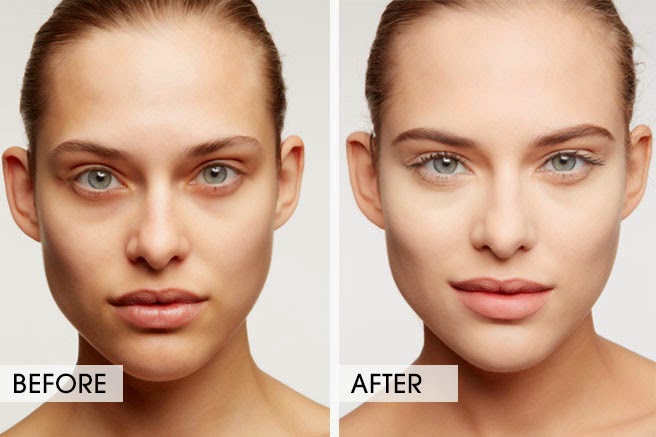Plantar wart
Often we get confused with warts, corns and callosities. And most of the people start treatment on their own. So its important for you to differentiate what is what!!!! The best judge for this is a dermatologist and to undergo a safe and hygienic treatment.
Photo Credit : http://www.brightonpodiatry.com.au/
What are plantar warts?
plantar wart is a viral infection cause by human papilloma virus(HPV).
How do these appear?
At first these appear as a small shining ‘sago-grain’ like appearance with a rough, keratotic surface rounded by a smooth collar with thickened surface.
What are the common sites?
Most plantar warts are beneath pressure points, the heel . Individuals may be affected by single or numerous lesions.
Are these lesions painful?
Pain is a common but variable symptom. It may be severe and disabling but may be absent, and many warts are discovered only on routine inspection..
- What are treatment options available?
- Over-the-counter topical wart removers with varying amounts of salicylic acid. You can use liquids, gels, or pads. It’s also a good idea to soak the affected area in warm water for five minutes before applying the salicylic acid which will enhance the effects of the medication. It can take anywhere from 2 weeks to a few months for warts to resolve.
- Cryotherapy Your doctor will use very cold liquid nitrogen to freeze the wart off.
- Minor surgery Your doctor may excise the wart (using local anaesthetic) if it has grown deeply into the skin and is causing a lot of pain.
Never, cut off a wart yourself; it can to lead to pain, stitches, infection, and scarring.Warts will eventually dissolve on their own, but it could as long as two years. Even if you successfully remove the wart, it can come back and spread, because the treatment doesn’t kill the virus that causes them.
Dr.Sravani Sandhya is an well experienced dermatologist in Vizag, She specialises
in medical laser procedures, cosmetology procedures, treats a broad range of dermatology conditions including acne, pigmentation disorder, eczema, allergies, psoriasis and paediatric dermatology.
For complete diagnosis and detailed check up, Visit Dr.Sravani Sandhya at Aura Skin & Hair Clinic.
Clinic Address:
Aura Skin & Hair Clinic
50-49-43/4 TPT ColonyOpp Hindu Press,SeethammadharaVisakhapatnam
Website
Contact
+91 9177799077
sravani@auraskinandhair.com
Like Our FB Page & Book Appointment Online On Our Facebook Page.







